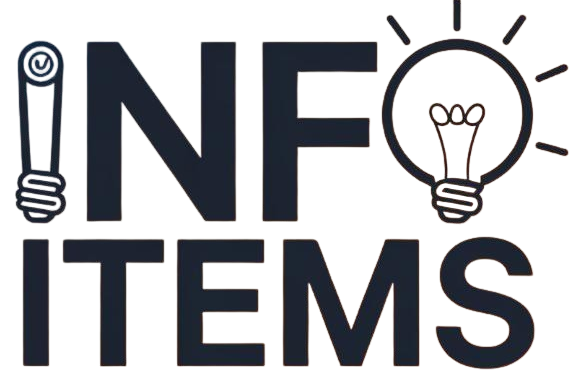Most students fail to achieve their academic targets when they neglect the power of well-structured SMART goals. Establishing study goals is not enough most students develop loose objectives with no solid execution plan. Lacking proper approach, goals turn out to be daunting, motivation disappears and productivity ceases. The Simple Trick: Implement the SMART Framework
The SMART Goal Framework transforms abstract goals into actionable, achievable steps. SMART stands for:
Specific – Define exactly what you want to accomplish.
Measurable – Set criteria to track progress.
Achievable – Ensure the goal is realistic.
Relevant – Align it with your long-term objectives.
Time-bound – Set a deadline to create urgency.

How to Apply SMART Goals to Studying
Vague Goal: “I want to get better at math.”
SMART Goal: “I will complete five algebra practice problems daily for two weeks.”
Vague Goal: “I need to improve my study habits.”
SMART Goal: “I will study for 45 minutes every morning using the Pomodoro Technique for the next month.”
Vague Goal: “I want to memorize my history notes.”
SMART Goal: “I will use flashcards and test myself on 10 key events daily for the next 10 days.”
Why SMART Goals Work
Eliminates Procrastination – Clear steps prevent last-minute cramming.
Increases Motivation – Tracking progress keeps you engaged.
Boosts Productivity – Focuses on efficiency, not just effort.
Reduces Overwhelm – Breaks down large tasks into manageable actions.
Who Benefits from SMART Study Goals?
Students Preparing for Exams – Achieve better results with structured planning.
Self-Learners & Professionals – Stay disciplined while acquiring new skills.
Anyone Struggling with Focus – Create a roadmap to stay on track.

Final Thoughts: Turn Study Goals into Results
Study goals only work if they are actionable. By using the SMART Goal Framework, you’ll take control of your learning, stay motivated, and achieve results faster. Start applying this simple trick today and watch your study efficiency soar!

I am an accomplished Data Analyst and Data Scientist with over a decade of experience in data analysis, software engineering, natural language processing, and machine learning. I have successfully led teams in developing large-scale computer vision platforms, created web crawlers capable of managing petabytes of data, and co-invented a patented NLP methodology. My strong foundation in competitive programming and five years of teaching computer science and artificial intelligence courses have equipped me with expertise in algorithm development, data consistency strategies, and AI-driven automation. Proficient in Python, Java, machine learning frameworks, and cloud technologies, I am dedicated to driving AI innovation and delivering data-centric solutions. I am based in North Carolina, USA.

